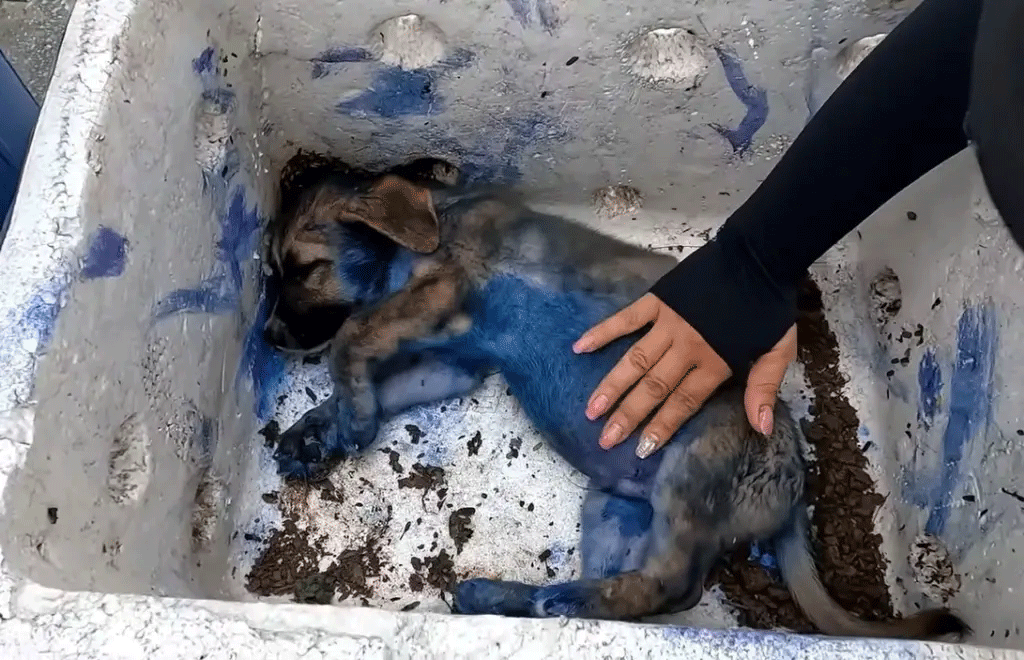Can Dogs Eat Oranges? – What Every Pet Owner Should Know

Oranges are a popular fruit enjoyed by many people worldwide for their juicy and tangy taste, as well as their high vitamin C content. As a dog owner, you might wonder whether this citrus fruit can be shared with your canine companion. In this article, we’ll explore the safety and potential benefits of feeding oranges to dogs, as well as any risks associated with doing so. We’ll also provide guidelines on how to safely offer oranges to your furry friend.
Yes, Dogs Can Eat Oranges in Moderation
Dogs can eat oranges in moderation, but there are some important considerations to keep in mind. Oranges are not toxic to dogs, and they can provide a healthy dose of vitamin C, fiber, and other nutrients. However, as with any new food, it’s essential to introduce oranges gradually and in small quantities to monitor your dog’s reaction.

Benefits of Feeding Oranges to Dogs
- Vitamin C: Oranges are a rich source of vitamin C, which is an essential nutrient that helps support your dog’s immune system and overall health.
- Fiber: Oranges contain dietary fiber, which can aid in digestion and promote healthy bowel movements in dogs.
- Hydration: The high water content in oranges can help keep your dog hydrated, especially during hot weather.
- Antioxidants: Oranges are packed with antioxidants, which can help protect your dog’s cells from damage caused by free radicals.
Potential Risks and Considerations
While oranges offer some health benefits, there are also potential risks and considerations to keep in mind:
- Sugar Content: Oranges contain natural sugars, which can contribute to weight gain and other health issues if consumed in excess. It’s important to feed oranges in moderation.
- Acidity: The acidity of oranges may cause digestive upset in some dogs, leading to symptoms such as diarrhea or stomach discomfort.
- Peel and Pith: The orange peel and pith can be difficult for dogs to digest and may cause gastrointestinal blockages. Always remove the peel and pith before offering oranges to your dog.
- Seeds: Orange seeds can pose a choking hazard and may contain small amounts of toxins. Be sure to remove all seeds before feeding oranges to your dog.
How to Safely Feed Oranges to Your Dog

To safely offer oranges to your dog, follow these guidelines:
- Introduce Gradually: Start by offering a small piece of orange to see how your dog reacts. If there are no adverse effects, you can gradually increase the portion size.
- Remove Peel, Pith, and Seeds: Always remove the orange peel, pith, and seeds before offering the fruit to your dog.
- Moderation is Key: Due to the sugar content, oranges should be fed in moderation as an occasional treat rather than a regular part of your dog’s diet.
- Monitor for Allergic Reactions: Keep an eye on your dog for any signs of allergic reactions, such as itching, swelling, or difficulty breathing, and discontinue feeding oranges if any symptoms arise.
Alternatives to Oranges
If you’re unsure about feeding oranges to your dog or if your dog doesn’t seem to tolerate them well, there are plenty of other fruits and vegetables that can provide similar benefits without the potential risks. Some safe options include:
These alternatives can provide a variety of nutrients and can be offered safely in moderation.
Conclusion
In conclusion, oranges can be a safe and healthy treat for your dog when fed in moderation and prepared properly. Always remove the peel, pith, and seeds before offering oranges to your dog and monitor their reaction for any signs of digestive upset or allergic reactions. If you have any concerns about feeding oranges or any other new food to your dog, consult with your veterinarian for personalized advice.
By taking these precautions and offering oranges as an occasional treat, you can safely introduce this citrus fruit into your dog’s diet and provide them with a tasty and nutritious snack. Always prioritize your dog’s well-being and health when making dietary decisions and seek guidance from your veterinarian if you have any doubts.



